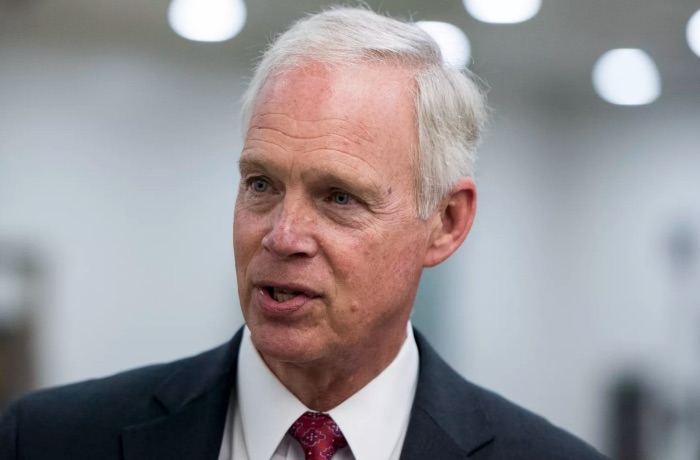Foreign Affairs
The United States has been the greatest force for good in the history of the world. This nation has promoted individual rights, free markets, self-determination, and religious freedom. Presidents of both parties have consistently promoted these goals, and at times they have used international alliances and coalition efforts to do so. I do not believe the United States should stop working internationally with our allies to promote these goals.
That said, Presidents have at times used international organizations, treaties and agreements to promote controversial agenda items at home – both in the Congress and in the states. Examples include accords such as the Kyoto Protocol on Climate Change, the U.N. Conference on the Arms Trade Treaty, the U.N. Convention on the Law of the Sea Treaty, and others. Without first seeking Congressional approval, Presidents have touted the benefits of these accords, and called for laws, policies, and regulations that would begin to implement agenda items. Agreements like these have often been cited as a reason that the United States should – or might be required to – enact new laws and regulations that might be in conflict with American values or tradition, or be opposed by a majority of the American people.
This is wrong.
I do not believe Presidents of either party should enter into international agreements or other commitments in a secretive fashion, or without the full knowledge of the American people and the U.S. Congress. The President should not enter into international commitments that require the United States to adopt policies that the American people would oppose on their own.
If the President requests that Congress approve or implement treaties that are in conflict with the Constitution, I will strongly oppose them. For example, I oppose the U.N. Convention on the Law of the Sea Treaty because it would transfer the rights of the United States to an unelected, unaccountable international body. Similarly, I will support efforts to prevent any U.N. Conference on the Arms Trade Treaty from curtailing the Second Amendment rights of law-abiding Americans.






